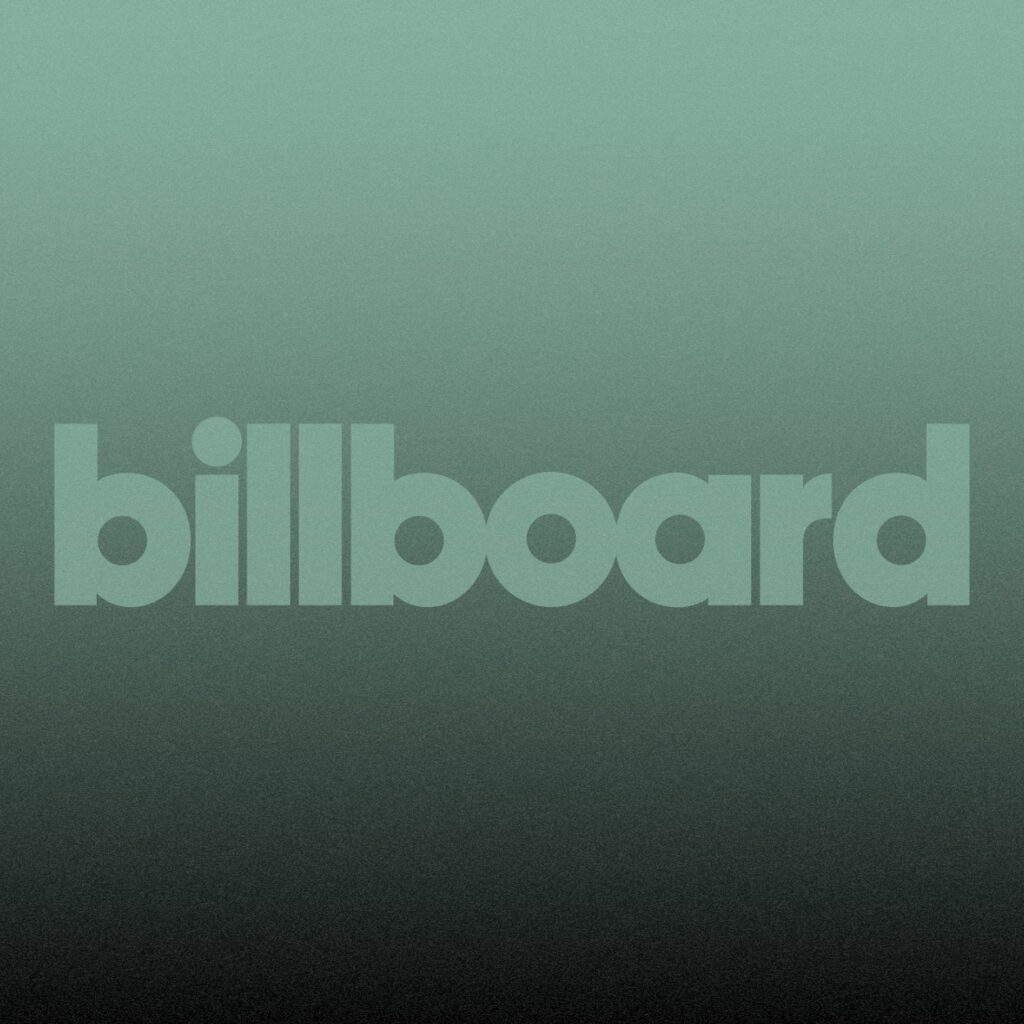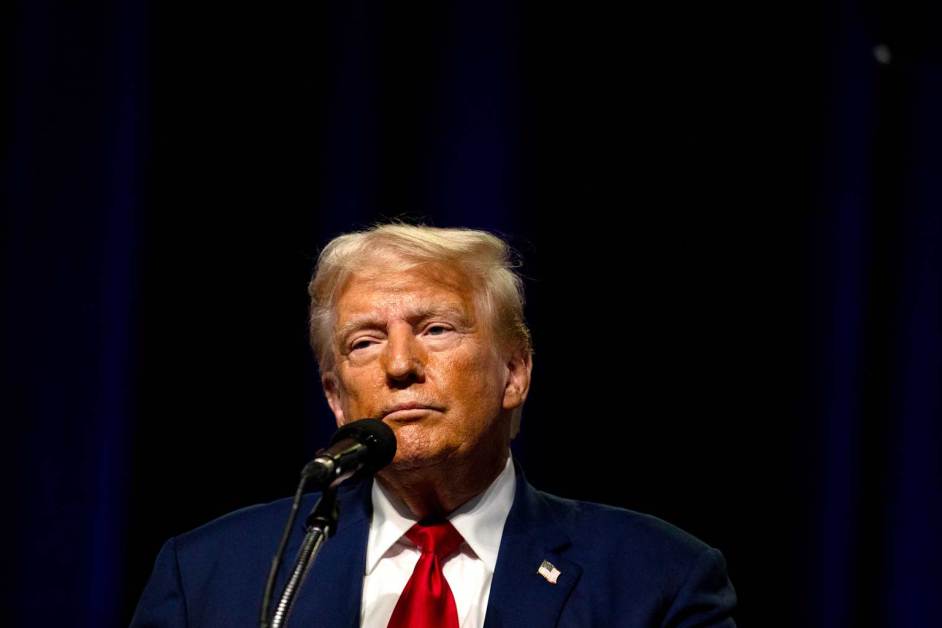Eeeeyo! Pitbull has trademarked his signature yell
Pitbull has trademarked his signature yell, joining less than 40 sounds that have previously qualified for copyright protection.
The latin rapper’s distinct cry of ‘EEEEEEEYOOOOOO’ features in several of his biggest hits, and his legal team now believe that it is the first call sign to be trademarked by a music artist.
“There is a very small sliver of trademarks having to do with sound identification marks. Copyright generally applies to music with respect to sound recordings and music publishing. This is different. This is a signature yell,” said Leslie José Zigel, Pitbull’s general counsel.
Zigel, alongside attorneys Justin F. McNaughton and Ryan Kairalla and Pitbull himself, explained how they achieved the ruling in a new essay published by the NYU Journal of Intellectual Property and Entertainment Law.
In order to secure Pitbull’s trademark, his legal team successfully convinced the U.S. Patent and Trademark Office (USPTO) that the noise, often referred to as a ‘Grito’, is automatically associated with him even if his name is not uttered or he has not performed it.
Two trademark registrations were subsequently granted by the U.S. Patent and Trademark Office (USPTO) in October 2019.
There are currently more than 2.6 million active trademark registrations in the United States, but only 250 of those are sensory trademark registrations. Of that 250, only 36 are “familiar sounds”, which places Pitbull’s registration in a highly exclusive category.
“He is joining an extremely exclusive club with relation to this, and that’s because his yell is so predominant and so recognizable that we got a trademark on it,” Zigel added.
The article added: “In terms of efficiency, there is no better way to stamp a sound recording than with a unique sound.”
The decision could also set a huge precedent, with other urban artists following suit in order to trademark their own sounds.
“Given the prevalence of these call signs throughout the music industry, it is only a matter of time before other music superstars embrace this valuable branding protection and seek to obtain registration for their unique sonic signatures, and they would be wise to do so,” the article added.



